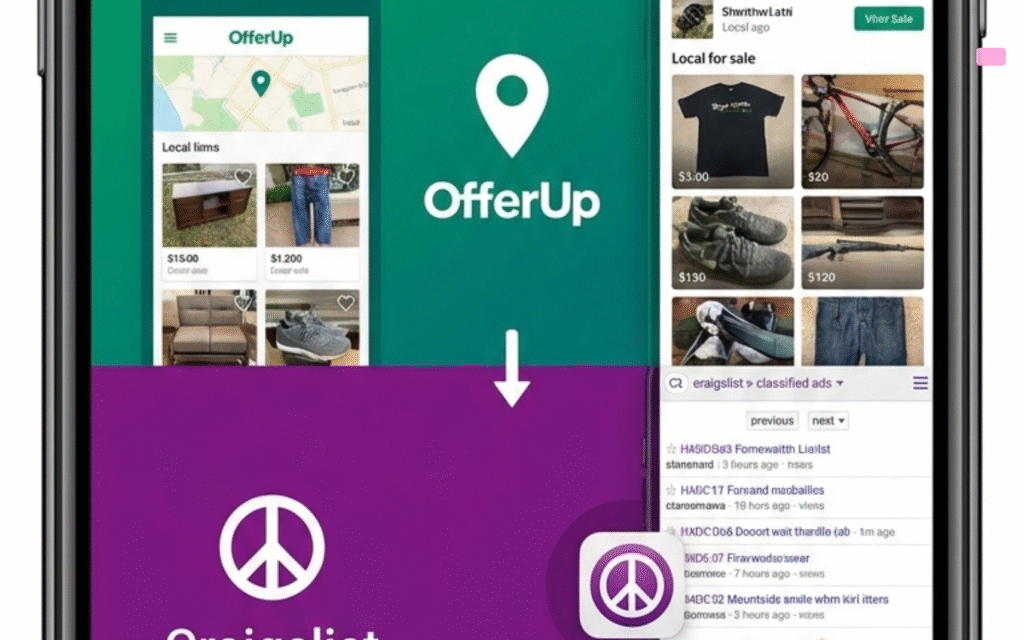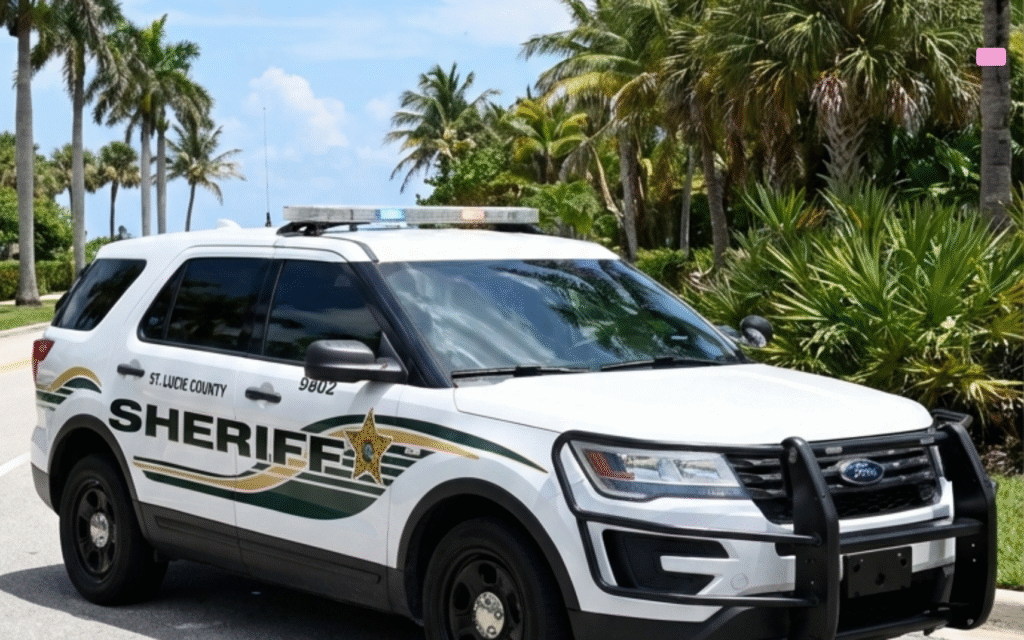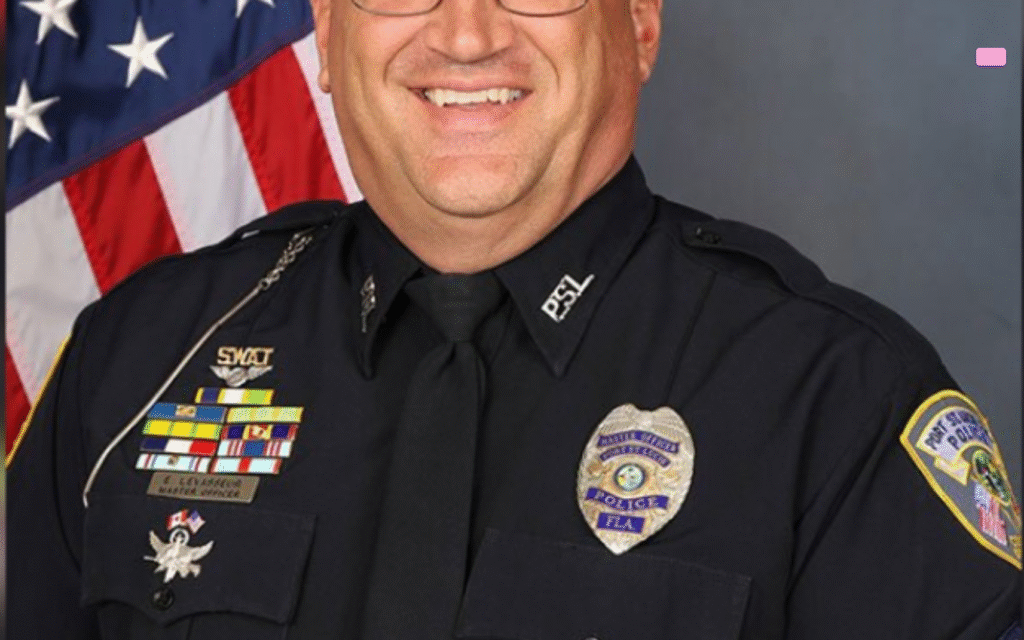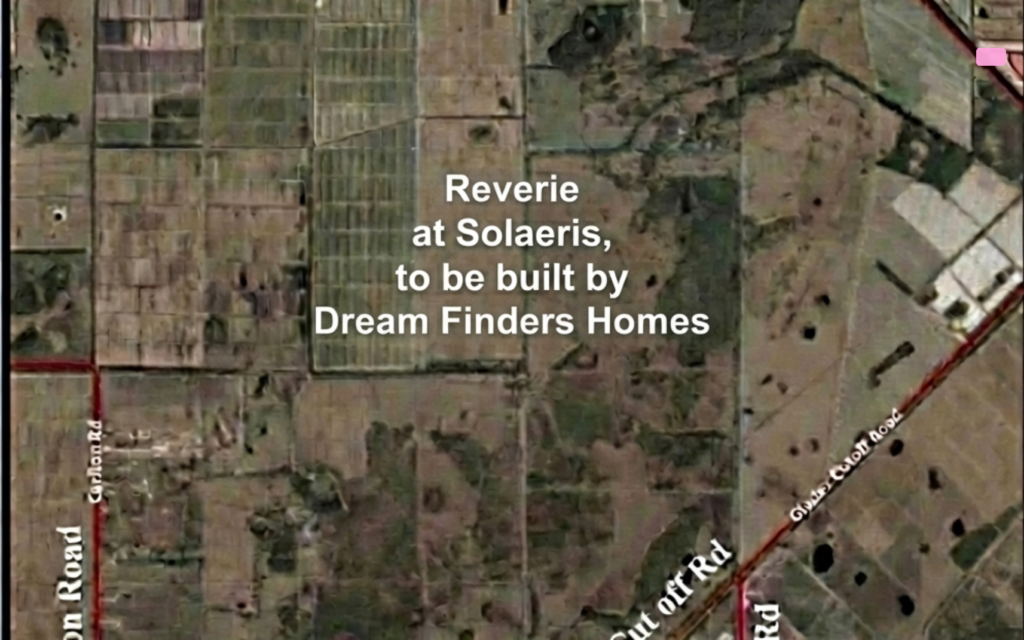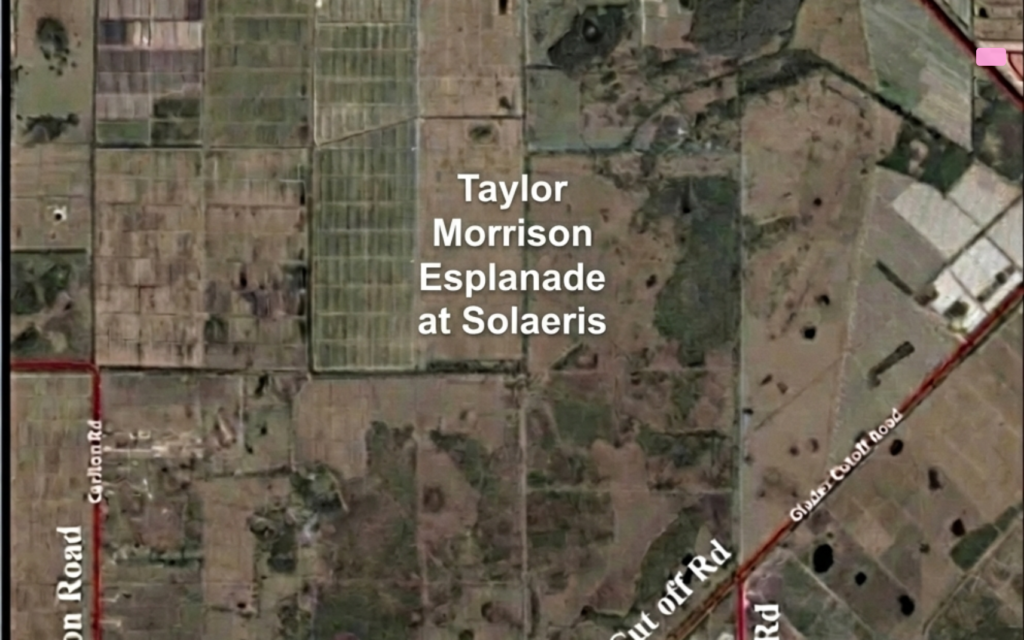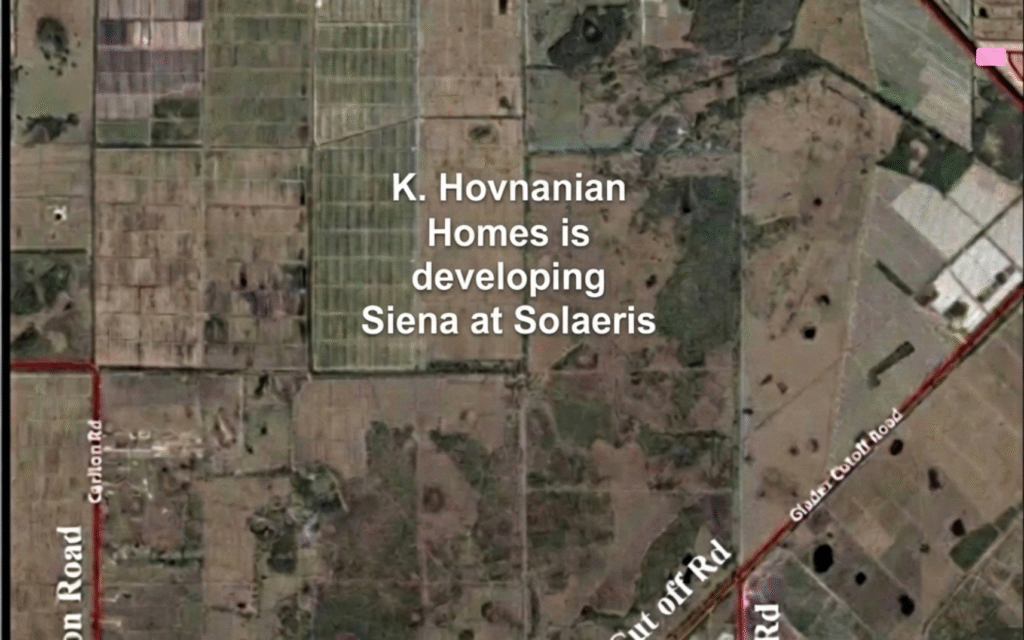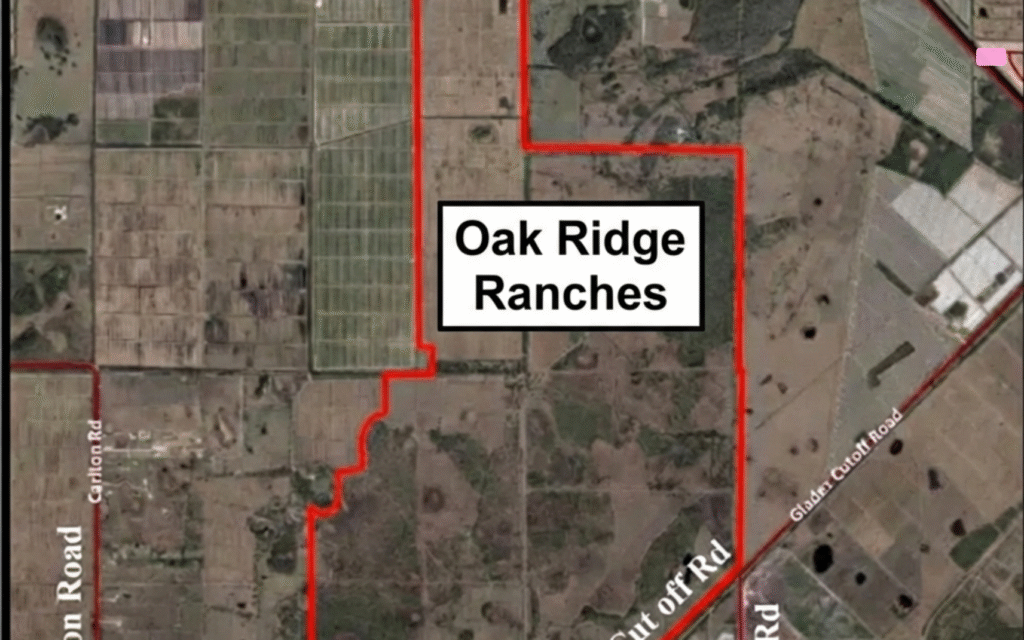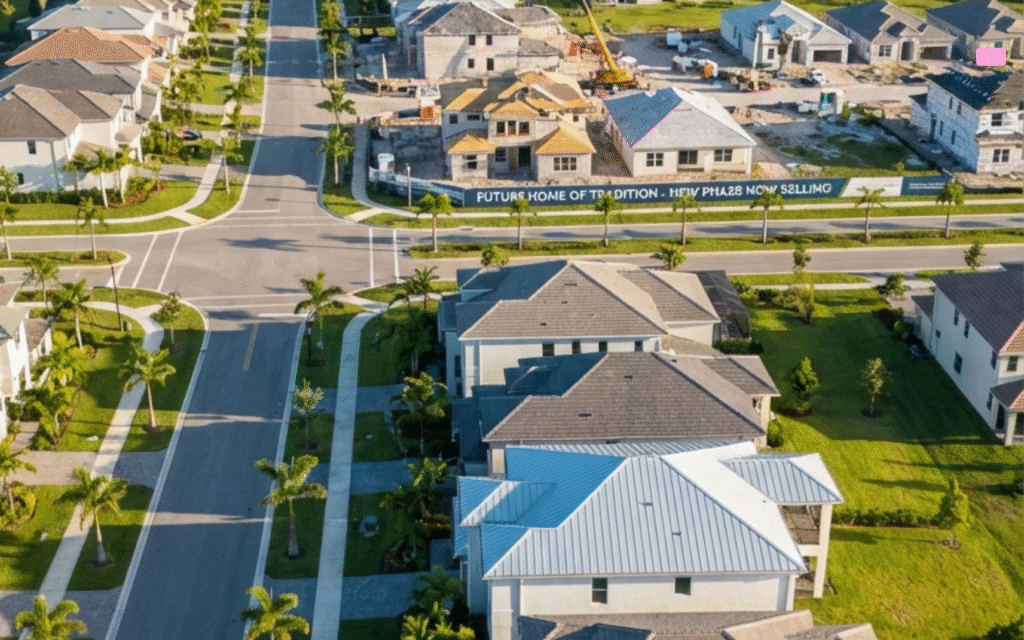St. Lucie County’s millage rate for 2025 has been set at 21.79, making it the highest property tax rate among all Florida counties for the year. The new property tax rate in St. Lucie County will directly impact homeowners, property buyers, and residents considering relocation.
Understanding the St. Lucie County Property Tax Rate
The property tax rate in St. Lucie County is determined by the millage rate, which is the amount charged per $1,000 of assessed property value. For 2025, the county’s adopted rate of 21.79 means property owners will pay $21.79 for every $1,000 of their property’s assessed value.
This rate is notably higher than the Florida statewide average property tax rate, which stands at approximately 17.01 mills. According to official sources, the average effective property tax rate across Florida is about 0.79% of a home’s assessed value.
How the Millage Rate Affects Homeowners in St. Lucie County
The impact of the St. Lucie County property tax rate is significant for homeowners. For example, a home with an assessed value of $300,000 in St. Lucie County would face an annual property tax bill of about $6,537. In contrast, the same home taxed at the state average rate would owe approximately $5,104.
According to county officials, property taxes are a primary source of local government funding in Florida, supporting essential services such as public schools, infrastructure, and emergency services.
Comparison With Other Florida Counties
Property tax rates in Florida are set at the county level, leading to wide variations across the state. St. Lucie County’s new rate is the highest among all counties for 2025, surpassing rates in other large counties. This distinction makes St. Lucie’s property tax burden especially relevant for both current and prospective residents.
Why St. Lucie County Adopted a High Property Tax Rate
The adoption of a high millage rate in St. Lucie County reflects local budgetary needs. County officials report that increased funding is required for schools, public safety, and infrastructure improvements. Population growth and rising demand for services have contributed to the decision to set a higher property tax rate.
Florida does not levy a state income tax, so counties rely heavily on property taxes to fund local government operations and public services.
Effects on Housing Affordability and New Residents
Experts indicate that while Florida’s lack of income tax is attractive to many, high property taxes in certain counties, including St. Lucie, can offset some of those benefits. Elevated millage rates may impact housing affordability, especially for retirees and new residents evaluating where to live in Florida.
Property tax rates are a key consideration for both current residents and those looking to purchase homes in the area, as they directly affect the total cost of homeownership.
Property Tax Exemptions and Protections for St. Lucie County Homeowners
Homeowners in St. Lucie County may qualify for several property tax exemptions. The homestead exemption can reduce the taxable value of a primary residence by up to $50,000. Additional exemptions are available for seniors, veterans, and individuals with disabilities, according to the St. Lucie County Property Appraiser’s Office.
- Homestead exemption: Up to $50,000 reduction in taxable value
- Senior exemption: Additional reduction for qualifying seniors
- Veteran exemption: Available for eligible veterans
- Disability exemption: For residents with qualifying disabilities
The Save Our Homes program also provides protection for homesteaded properties. This program limits annual increases in assessed value to 3% or the rate of inflation, whichever is lower, helping to prevent rapid increases in property taxes for long-term residents.
How Property Taxes Are Calculated in St. Lucie County
To calculate property taxes in St. Lucie County, multiply the assessed value of the property by the millage rate, then divide by 1,000. For example, a $300,000 home at a 21.79 millage rate results in a tax bill of $6,537 before exemptions.
After applying eligible exemptions, the taxable value decreases, reducing the final tax amount owed by the homeowner.
St. Lucie County Property Tax Rate Compared to Florida Averages
St. Lucie County’s 2025 millage rate of 21.79 is the highest in Florida, well above the statewide average of 17.01. The average effective property tax rate across Florida is about 0.79%, but St. Lucie’s rate leads to a higher tax burden for property owners in the county.
According to state data, property tax rates can vary widely depending on local budgetary needs, population growth, and service demands. St. Lucie’s elevated rate highlights the importance of understanding local tax structures when considering homeownership in Florida.
Frequently Asked Questions About St. Lucie County Property Tax Rate
What is the property tax rate in St. Lucie County for 2025?
The property tax rate in St. Lucie County for 2025 is 21.79 mills, which means $21.79 per $1,000 of assessed property value. This is the highest county property tax rate in Florida for that year.
How much would property taxes be on a $300,000 home in St. Lucie County?
At the 2025 rate of 21.79 mills, property taxes on a $300,000 home in St. Lucie County would be about $6,537 before exemptions. The final amount may be lower if the homeowner qualifies for exemptions like the homestead exemption.
Are there exemptions available for St. Lucie County property owners?
Yes, homeowners in St. Lucie County can apply for exemptions such as the homestead exemption, which can reduce taxable value by up to $50,000. Additional exemptions are available for seniors, veterans, and people with disabilities.
Can you lower your property tax bill in St. Lucie County?
Homeowners can lower their property tax bill by applying for available exemptions and participating in the Save Our Homes program. These options help reduce the taxable value or limit increases in assessed value for eligible residents.
Where are property tax rates set in Florida?
Property tax rates in Florida are set at the county level. Each county, including St. Lucie, determines its own millage rate based on local budget needs and service demands.









